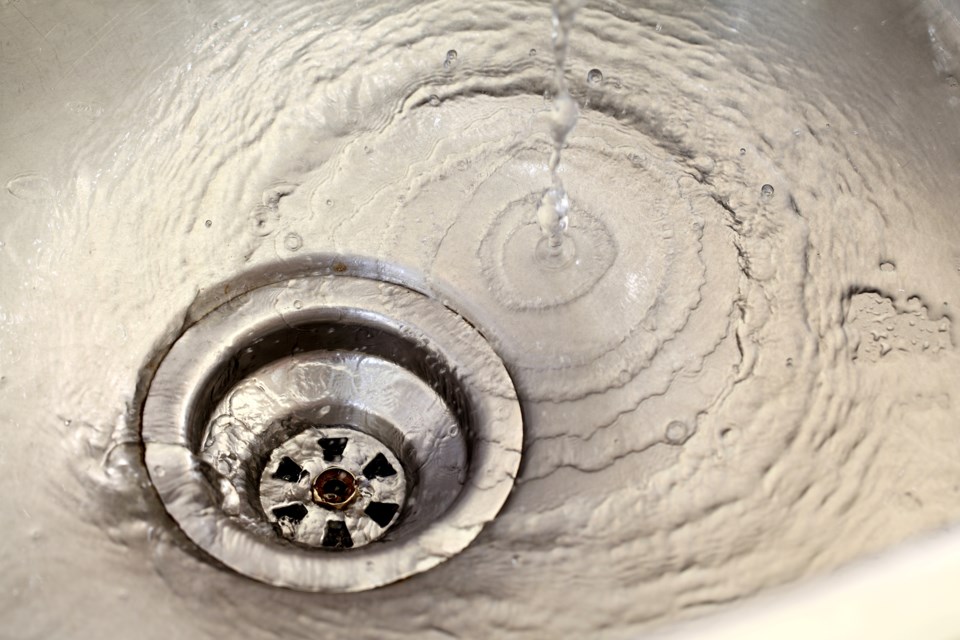|
Here are BBB’s top seven tips to conserve water:
- Fix a dripping faucet or toilet. Did you know that a tap that drips only 10 times a minute wastes about 2,000 litres a year, according to BC Hydro. Even the smallest drip can waste 75 or more litres a day. Larger leaks can waste hundreds. Find the right plumber to fix your leaks by going to BBB and looking for The Sign of a Better Business. Use BBB’s Get a Quote tool to find a reliable plumber near you.
- Take shorter showers. Try to limit your showers to five minutes or less. If you’re brave, turn off the water when lathering up or shampooing. Turning off the shower takes very little effort, but it can make a big difference in the amount of water used. Limit your use of baths, as an average bath can use three to six times more water than a five minute shower.
- Use a watering can instead of a hose for your garden. Lawn watering is currently not permitted in some areas – make sure you are following local water restriction rules. A garden hose can deliver and potentially waste more than 600 litres of water an hour, according to Greater Victoria’s Capital Regional District. Try keeping your grass longer by about three or four inches, which will allow it to retain moisture for a longer time.
- Fill a jug with tap water and place it in your fridge. By doing so, you can avoid leaving the tap running for the water to become cold before you fill your glass. In addition, use one glass or water bottle per person in your home per day so you don’t end up with extra dishes to wash.
- Only wash full loads in your washing machine and dishwasher. By cutting out unnecessary in-between washes you’ll be able to conserve more water. Consider investing in high-efficiency (HE) appliances, as traditional washers tend to use more water for a single load. Find businesses you can trust to sell you energy-efficient kitchen and home appliances that will last by going to BBB and looking for The Sign of a Better Business.
- Go to a car wash instead of doing-it-yourself at home. Professional carwashes use on average about a third of the water used when washing a car at home, according to the Canadian Carwash Association. A typical car washed by a consumer at home can use up to 450 litres of water. In addition, don’t use pressure washers to clean off your driveway, patio, or steps. Sweep them instead or use a leaf blower.
- Turn off the faucet while you brush your teeth. On average, most people brush their teeth twice a day, each for approximately 2 minutes. Research shows that by turning the tap off for those 2 minutes you’d save up to 30 litres of water for each use, 60 litres of water a day, and over 750 litres of water per month.
|
